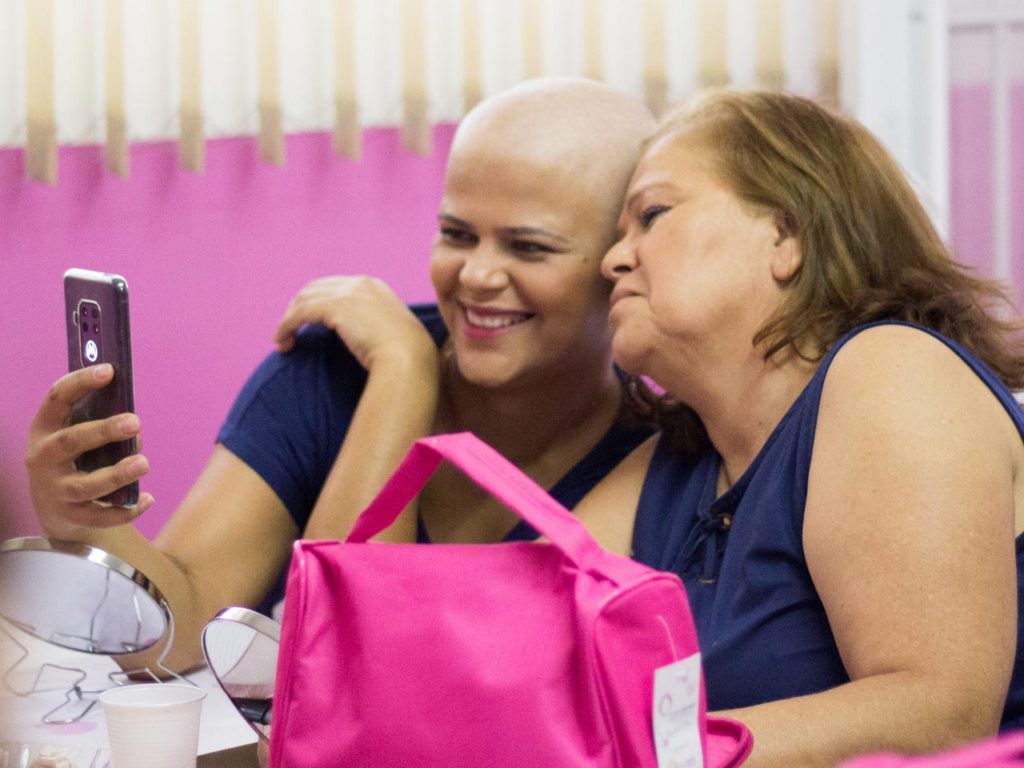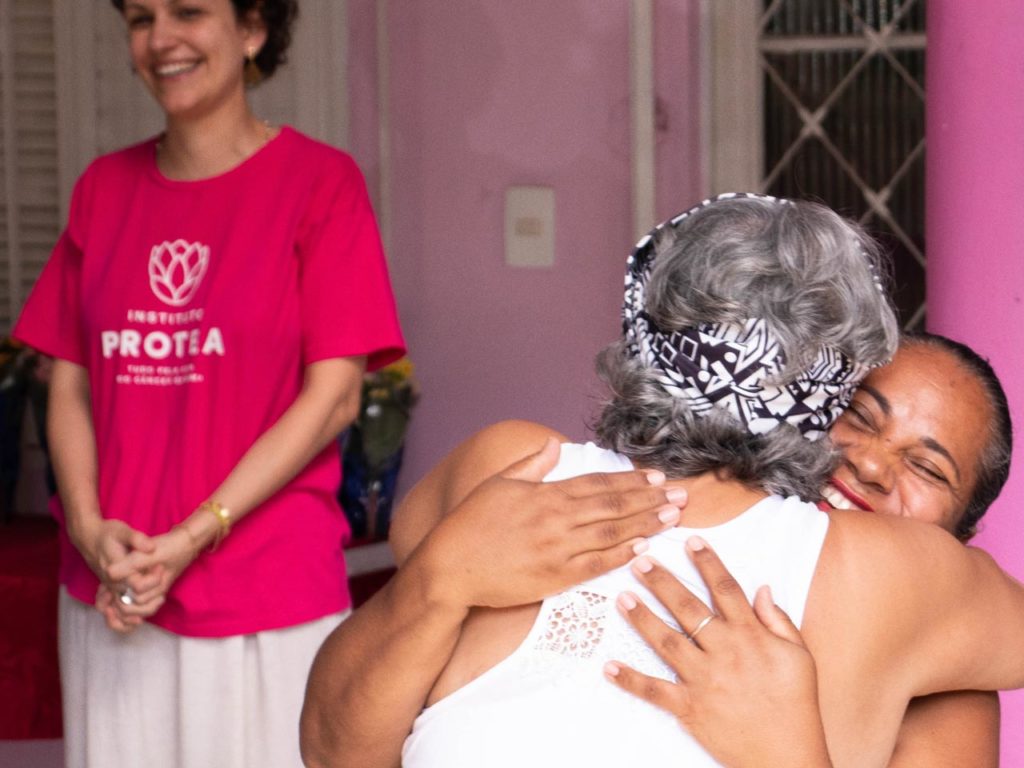
Breast Cancer is a disease resulting from the uncontrolled multiplication of abnormal breast cells. Cellular transformations may occur for hereditary or environmental reasons.
The main risk factors include advanced age, prolonged exposure to female hormones, and inappropriate lifestyles, such as poor eating habits, excessive alcohol intake, obesity, sedentary lifestyle, and smoking.
Breast cancer has overtaken lung cancer as the most commonly diagnosed cancer in the world, according to the World Health Organization (WHO) in February 2021.

The breast cancer in men is rare and accounts for less than 1% of all breast cancer cases*.
Despite the increase in incidence, in many developed countries, such as the US and Europe, mortality rates have been falling year after year. Unfortunately, this is not the case in Brazil; the graphics here show that the mortality curve has been increasing*.
Statistics show an increase in the incidence of breast cancer in both developed and developing countries*.
Every day, 50 brasileiras morrem por câncer de mama. That’s almost 2 women per hour!
Breast cancer is the type of cancer that most often affects Brazilian women, after non-melanoma skin cancer. It accounts for around 30% of all cancer cases in women*.
It is estimated that 1 in 8 women will have breast cancer in their lifetime.
Mais de 73.000 brasileiras terão câncer de mama em 2025*.
If diagnosed early and treated, Breast Cancer has a chance of cure of more than 95%.
Brazil’s Unified Health System (SUS) will have a maximum of 30 days to carry out tests to prove cancer diagnosis after medical referral (Law 13.896 was published in the Federal Official Gazette on 10/31/2019, and is already in effect).
The first oncologic treatment through the SUS must begin within 60 days from the signing of the pathology report or within a shorter period depending on the treatment needs of the case recorded in the patient’s medical record (Law 12.732/12).
Workers suffering from cancer or who have a dependent with the medical condition, while in the symptomatic phase of the disease, can withdraw the Brazilian Government Severance Indemnity Fund for Employees (FGTS) (Law 8.922, 1994).
Workers suffering from cancer or who have a dependent with the medical condition, while in the symptomatic phase of the disease, can withdraw the PIS/Pasep (Resolution 1, of 10/15/1996 - PIS/Pasep Social Contribution Fund Board).
Those with cancer are entitled to Income Tax Exemption regarding Retirement, Pension and Military Retirement income, including the complements received from private entities and alimony (Law 7.713, 1988).
Those with cancer have the right to priority in pending proceedings, both legal and administrative, provided that they present proof of their condition (medical report) to the competent legal or administrative authority to decide on the procedure and the steps to be taken (Federal Law 12.008, of July 29, 2009).
Those with cancer are entitled to Sick Pay, provided they are insured, when they are temporarily unable to work due to medical condition, for more than 15 consecutive days (Law 8.213, of 1991, articles 59 to 63).
Those with cancer are entitled to exemption from urban public transportation fares (check the general rules of each city). The companion can also enjoy this benefit provided that the need for follow-up is indicated in the medical report (State Complementary Law/SP 166, of 11/26/1991 and Joint Resolutions).
Those with cancer have the right to Out-of-Home Treatment (OHT) by Brazil’s Unified Health System and can have expenses related to transportation, food and accommodation covered (under evaluation of the City/State budget). This benefit is granted when all treatment and/or auxiliary treatment diagnostic exams have been carried out at the patient’s place of residence (City/State) and provided that the indicated place has the most appropriate treatment to solve the problem or is capable of total or partial cure. (SAS (Health Care Secretariat) Regulation No. 055, of February 24, 1999).
Those with cancer may be entitled to the Continuous Cash Benefit Program (1 monthly minimum wage) if they are 65 years old or older or have any long-term physical, mental, intellectual, or sensory impairment (minimum of 2 years), receive no other social benefit, and the family per capita income is less than ¼ of the minimum wage. (More information: www.previdencia.gov.br)
To learn about other rights of cancer patients, please access our full document here:
* Source: INCA, 2019.